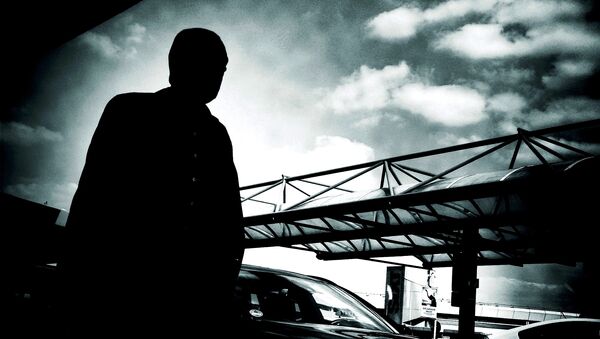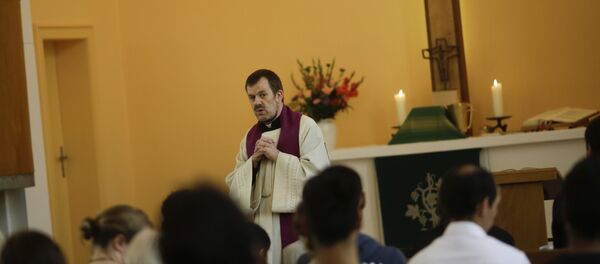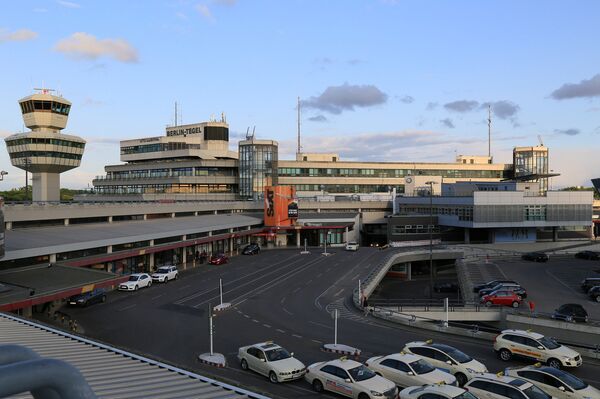Recep U. worked for Wisag Airport Service Berlin, which services and cleans aircraft at the city's two airports, Tegel and Schonefeld, and therefore had access the high-security areas there.
A spokesperson for Berlin Tegel Airport, said they were unable to answer specific details on the security issues and on this particular case.
"Regarding the provisions of Luftsicherheitsgesetz (Act of Aviation Security) I am not allowed to give you statements on this. I can just give you the following information, that we examine very closely if there might have been made a mistake and if so, at which point any mistake might be made," a spokesperson for Berlin Senate for Urban Development and Environment told Sputnik.
In February 2014 the intelligence authorities became aware that he was a firm fixture on the Salafist scene, and participated in handing out Korans, had close contact with known extremists and shared propaganda videos on Facebook by German Salafi preachers.
Salafism is a fundamentalist form of Sunni Islam which condemns theological innovation, advocating strict adherence to sharia law and the institution of a theocratic Islamic state.
The German government has described the movement as "a particularly radical form of Islamism," with close links to terrorism.
Germany's Aviation Security Act states that employees must pass a security check, and not hold any extremist views, before they are allowed to enter the airport's secure area; Recep U. had passed this security test in mid-2011.
Hakan Tas, internal affairs spokesman for Die Linke (The Left) party, condemned the "irresponsibility of the authorities," and expressed his intention to discuss the case in parliament and find out which authorities are responsible for the security lapse.
"It should be known that there are violent followers on the Salafi scene, and also that terrorists seek to carry out attacks on key infrastructure like airports," he said.





